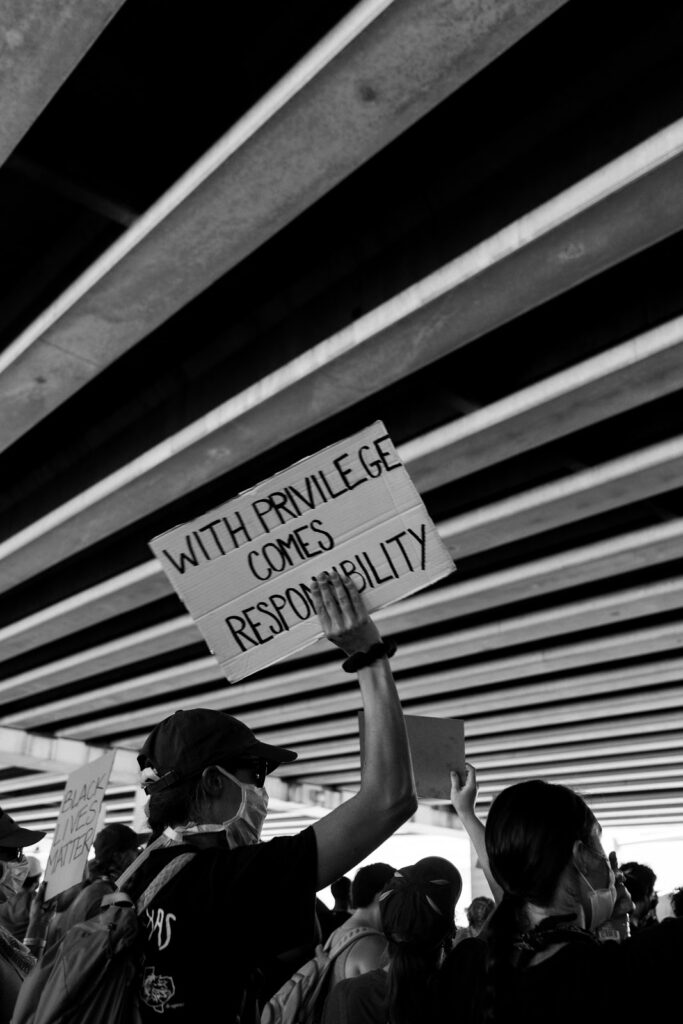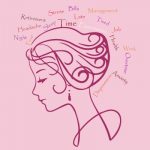On the 17th December 2020 the UK Minister for Women and Equalities, Liz Truss, delivered a speech outlining a new approach to equality – an approach that she intends to centre ‘evidence’ over lived experience. However, the lived experience of those who experience inequality is, in fact, the best evidence we have and an essential tool for the ‘equality agenda’ to achieve a meaningful difference to people’s lives. Take, for example, the current experiences of transgender young people in the UK.
A Decade of Marginalising Young People
Support services for all children and young people have been severely affected by a decade of austerity politics cutting away at provision. Spending on youth services has been cut by 70% in real terms since 2010 reducing access to youth workers and youth centre activities whilst having a holistic benefit to health and wellbeing. Statistics show that mental health conditions are becoming more prevalent amongst children in the UK, with currently just over 11% experiencing a mental disorder. Yet, more than 100,000 young people a year are being turned away from Child and Adolescent Mental Health Services because they don’t have capacity.
But this overall picture hides how policies have affected certain marginalised communities in particular. Research with transgender young people in Scotland found that 96% reported experiencing a mental health condition, with the most common being anxiety, stress and depression. This is not surprising when 39% of the Scottish population hold discriminatory views against transgender people and the figures are likely to be similar across other parts of the UK.
This is symptomatic of our inability as a society to really listen to those who experience inequality and oppression first-hand.
It is incredibly difficult to speak up about your experiences when the likelihood of facing discrimination is so high. Many who try are not listened to or are dismissed with excuses; many more are put off trying to express the challenges they face in the first place. But we must find ways to support some of the most marginalised members of our society to speak for themselves, and listen to what they have to say, in order to understand how to truly tackle these inequalities before their impact is amplified.
Recent Events
At the start of December, the High Court in London returned a judgement that it did not believe that transgender children aged under 16 were competent to consent to treatment with puberty blockers, and set out conditions that will require medical professionals to seek a ruling from the court for each referral in England and Wales going forwards (the judgement does not currently apply in Scotland).
This has a significant impact on access to and timely provision of healthcare to transgender young people, especially considering there is only one clinic providing specialist healthcare to transgender children in England and Wales. At the end 2020, this clinic just started to see young people referred in 2018, a current wait time of 2-3 years. Notably, no young trans people, nor any charities which directly support them, were permitted to give evidence as part of the case.
The British media has since been awash with commentary on whether or not this treatment is experimental and the impact this will have on children. Yet the commentators so rarely are speaking from their own lived experience, the vast majority of journalists and interviewees are cisgender adults (adults whose gender aligns with the one assigned at birth), even where they are speaking in support of transgender children’s access to healthcare.
This is symptomatic of our inability as a society to really listen to those who experience inequality and oppression first-hand. Transgender people’s perspectives are marginalised, even on issues of transphobia. The same happens to Black people on issues of racism, and to Disabled people on issues of ableism. Across other experiences of oppression, young people sit at an intersection with age which also leads to their views being ignored.
Towards Bodily Autonomy
The work of those already putting their energy into appealing and reversing this judgement is welcomed – it is an important step. But many have jumped to the argument that this verdict will increase the rate of suicide amongst trans young people. Whilst there is strong evidence that access to puberty blockers decreases the likelihood of suicide amongst other mental health concerns, it is unhelpful to see access to this one form of healthcare as the only contributory factor. Support from parents, carers or other affirming adults can play a huge protective role and intersections with other forms of oppression like racism impact on mental health outcomes.
Medical transition is not necessarily the route which all trans people wish to take, but it needs to be a route that is accessible so that the right to choose sits with the individual within a framework of informed consent.
Instead we need to understand how access to this particular healthcare pathway is part of a larger issue of bodily autonomy for young people. The judgement is a direct challenge to ‘Gillick Competency’ in the UK – the basis on which all young people are able to consent, including to sexual healthcare. There’s a likelihood that further legal cases may seek to restrict access to contraception and abortion using similar arguments to those used to restrict transgender young people’s access to puberty blockers. Medical transition is not necessarily the route which all trans people wish to take, but it needs to be a route that is accessible so that the right to choose sits with the individual within a framework of informed consent.
This judgement is also indicative of the structural violence enacted on transgender bodies through judicial and health care systems, and adds to the wealth of evidence that transformative change is needed. As well as transphobia, this violence is another form of racism, misogyny, income inequality and the intersection of those. The issue of puberty blockers for trans children may seem far removed from the majority of people’s lives, but the experience of wanting to decide what happens with our own bodies and to live a life free of discrimination and violence is far more universal.
Towards Our Shared Liberation
Transgender young people are a minority who are currently experiencing substantial impacts from the erosion of human rights and rising populism in politics. Many of these young people are also experiencing racism, ableism, homophobia, misogyny, classism and other forms of structural oppression prevalent across our societies.
Politicians may lecture from above that only they have objective and dispassionate evidence to progress the ‘equality agenda’, but largely this is a tactic of divide and conquer. They don’t want us to listen to the nuances of others’ lived experiences at the intersections of their identity – why? Because if we do, we’ll find we have more in common than that which divides us, and we’ll find that our struggles are intertwined. Any aspect of privilege you have is not something to be ashamed of, but a tool to use in your contribution to our shared liberation.







Average Rating